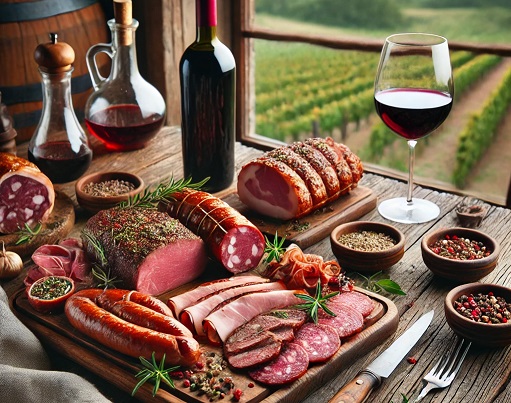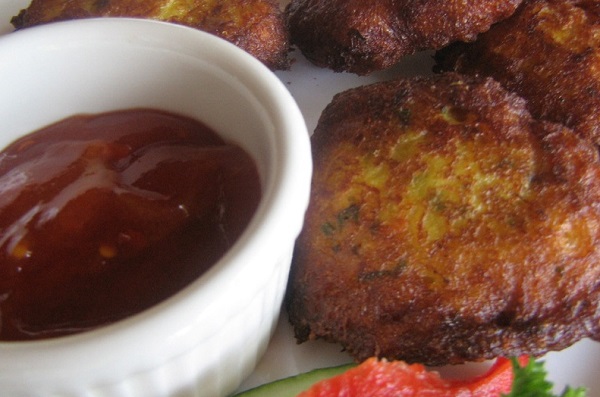Our Best White Wine Suggestions:
Pinot Gris (France)
Riesling Spätlese (Germany)
Gewürztraminer (France)
Syrah Rosé (USA)
Our Best Red Wine Suggestions:
Pinot Noir (France)
Beaujolais (France)
Description
Hot Mexican food needs an off-dry, fruity or flowerly white wine. Riesling Spätlese is excellent with spicy food.
Pinot Gris and Gewürztraminer from Alsace (France) can also work well, if there is a little residual sugar.
If you go for Rosé, go for something strong. American Syrah Rosé is typically made with the "Saignée Method", making the wine darker, richer, and bolder, compared to other Rosés.
If you want to drink red, choose a wine with fresh fruit and good acid. And stay away from rough tannins. Pinot Noir or Gamay will do the job.
Go Local if You Can

Let local wines complement the flavors of local food
Pairing local wine with local food will enhance the dining experience by harmonizing the characteristics of the wine with the ingredients and cooking styles of the region:
Terroir
The environmental factors, soil, climate, and topography, that influence the characteristics of a wine, represent the Wine Terroir of a region. The ingredients, flavors, and cooking techniques represent the Cuisine Terroir.
Culture and Tradition
Local wines are deeply intertwined with the culture and traditions of a region. Pairing them with local cuisine creates an authentic culinary experience. For example, if a region is known for its hearty, red meat dishes, a robust and full-bodied red wine from the region will enhance the dining experience.
Ask for Help
Let local chefs and winemakers collaborate to create innovative pairings that showcase the best of the region.
A good rule of thumb is to match the intensity of the wine with the richness of the meat for the best pairing experience.
Examples
Pairing Italian Chianti with traditional Tuscan dishes like Pasta with Ragu or Beef Fiorentina.
Enjoy a Red Burgundy with classic French dishes like coq au vin or boeuf Bourguignon.
Matching Spanish Rioja with Paella or Tempranillo with Tapas.
